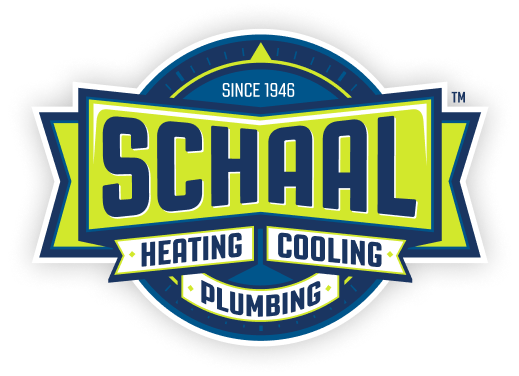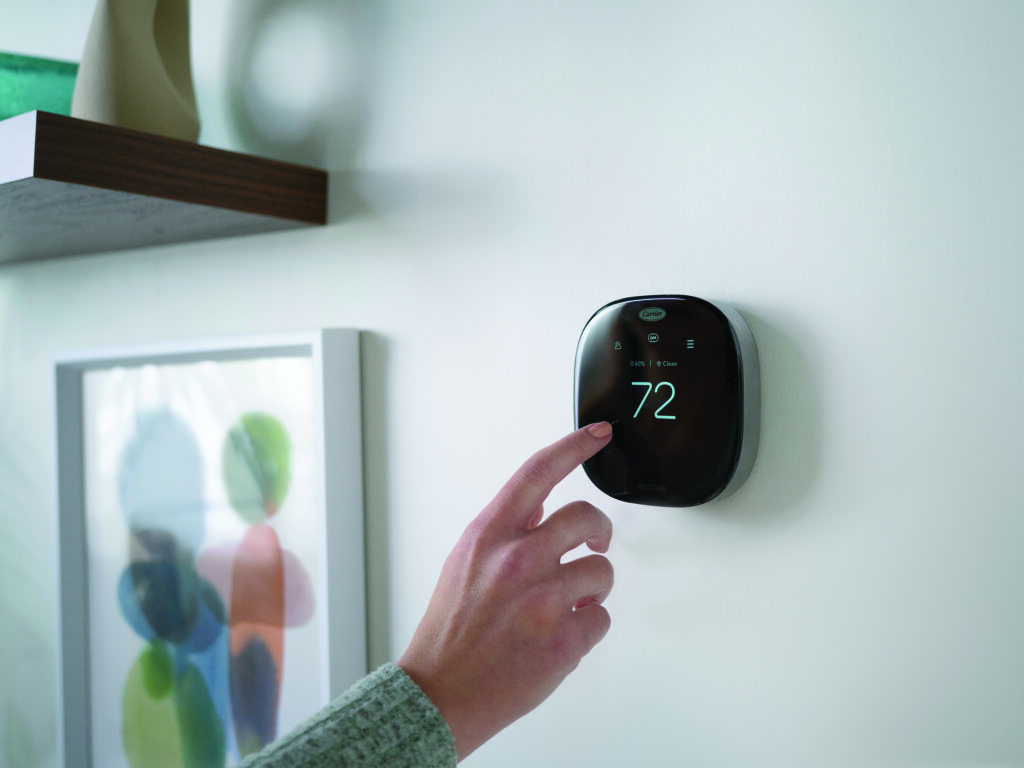
Blog
Gas Water Heaters vs. Electric Water Heaters - Which Is Right for Your Home?

When your old water heater starts showing its age, choosing between gas and electric models can feel overwhelming. Both types have their strengths and weaknesses, and what works best for one home might not be ideal for another. Let’s break down everything you need to know to make the right choice for your home.
Understanding Water Heater Types
Gas Water Heaters Explained
Gas water heaters use natural gas or propane to heat water. They work by sending hot combustion gases through a chimney-like vent in the center of the tank. These gases heat the water through a heat exchanger. A thermostat monitors the water temperature and triggers the gas burner when needed. Gas water heaters typically have a tank, but tankless options are also available.
Electric Water Heaters Explained
Electric water heaters use a heating element – similar to the one in an electric oven – to warm the water. These elements, usually two of them, heat water directly in the tank. A thermostat controls the elements, turning them on and off to maintain the desired temperature. Electric water heaters come in both tank and tankless designs.
Electric vs Gas Water Heaters – Cost & Performance
1. Installation Costs
Installing a gas water heater typically requires a bigger upfront investment. This is especially true if your home needs new gas lines or venting. A standard gas heater installation usually runs between $1,000 and $2,500. Homes requiring new gas line installation might see higher costs. Installing an electric water heater typically costs between $500 and $3,500.
2. Monthly Expenses
Your location plays a significant role in monthly operating costs. Gas heaters generally cost less to run in most regions. However, if you have low electricity rates in your area, an electric water heater may be more cost-effective for your home.
3. Energy Efficiency Ratings
Modern water heaters are typically very efficient, regardless of their type. Electric models lead in efficiency, converting 90-95% of energy into heat. Gas models typically achieve 60-70% efficiency, though high-efficiency units can reach 80%. Electric water heaters also maintain better efficiency during standby periods.
4. Hot Water Speed
The recovery rate, or how quickly a water heater can warm new water, varies significantly between gas and electric models. Gas heaters excel here, warming 30-45 gallons per hour. Electric models work more slowly, heating 14-20 gallons per hour. This difference makes gas water heaters particularly attractive for large families with high hot water demands.
5. Environmental Impact
Gas water heaters produce greenhouse gas emissions directly through combustion. However, natural gas burns cleaner than many other fossil fuels. This means modern units have a significantly lower carbon footprint than older models.
Electric water heaters produce no direct emissions in your home. Their overall environmental impact depends entirely on your electricity source. Homes powered by renewable energy can achieve a very low carbon footprint with electric water heaters.
6. Maintenance Requirements and Lifespan
Gas water heaters require regular maintenance. You’ll need to schedule an annual appointment with an HVAC company or plumber to check the vent system, burner operation, and gas line connections as well as to flush the tank. With proper maintenance, expect your gas water heater to last 8-12 years.
Electric units require a simplified maintenance routine. Without combustion components, they have fewer parts to check and maintain. However, if your electric water heater has a tank, you’ll still need to have it flushed annually. These water heater models last longer – typically 10-15 years.
Making Your Decision
Assessing Your Home’s Setup
Consider your home’s current setup. Homes with existing gas service make gas heaters a natural choice. Without gas service, electric models offer simpler installation. People with small spaces may also favor electric units since they don’t need venting.
Understanding Usage Patterns
Your household’s hot water demands should guide your final choice. Large families using hot water frequently might benefit from a gas heater’s faster recovery time. Smaller households or homes with more spread-out usage patterns might find electric models perfectly sufficient.
Renewable Energy Options
Electric water heaters can integrate with solar panels and other renewable energy systems, potentially reducing both operating costs and environmental impact over time.
Frequently Asked Questions
Can I switch between water heater types?
- Converting from a gas water heater to an electric water heater is possible. However, it may require significant changes to your home’s infrastructure. Consult a professional to understand your home’s specific needs.
Which water heater option is safer?
- Both types are safe when properly installed and maintained. Electric heaters eliminate combustion risks, while modern gas heaters include multiple safety features to prevent gas-related issues.
Call Schaal Ya’all!
When you’re ready for water heater installation, trust the experienced team at Schaal Plumbing, Heating and Cooling. We have over 75 years of experience installing both gas and electric water heaters in Des Moines homes. We can help you choose and install the perfect water heater for your needs. Call Schaal Ya’all at (515) 207-6042 for expert advice and professional installation!




